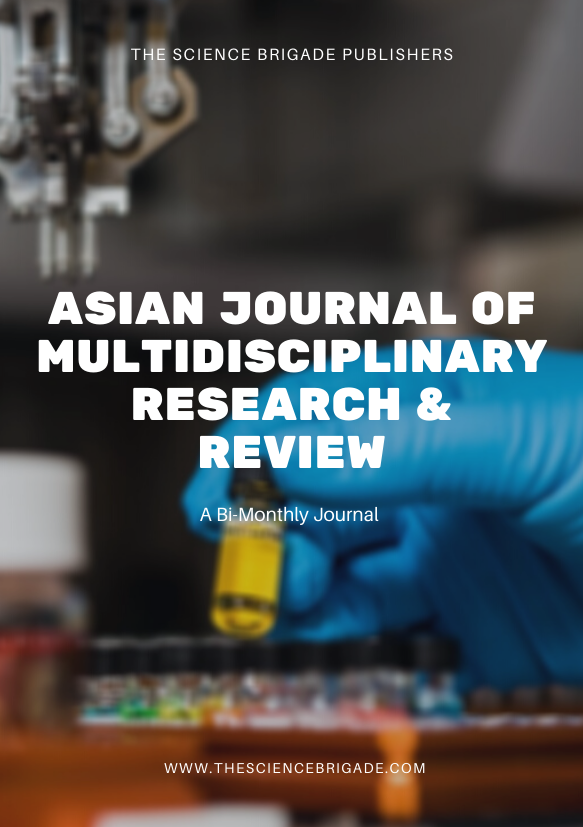The purpose of this study was to investigate the roles of community participation on sustainability of donor funded community-based education projects in Meru district council, Tanzania. Simple random and purposive sampling techniques will be used to sample the respondents. This study explores the roles of the community in ensuring the sustainability of donor-funded community-based education projects in Meru District Council, Tanzania. With the increasing reliance on donor funding for education initiatives in developing countries, understanding the dynamics of community involvement is crucial for ensuring the long-term success and impact of such projects. Through a mixed-methods approach combining surveys, interviews, and document analysis, data were collected from various stakeholders involved in community-based education projects in Meru District Council. .
The findings reveal that community involvement plays a significant role in the sustainability of donor-funded projects, including mobilizing resources, providing local knowledge and expertise, fostering ownership and commitment, and facilitating project monitoring and evaluation. However, challenges such as limited capacity, inadequate funding, and coordination issues hinder effective community participation. Addressing these challenges requires collaborative efforts among donors, government agencies, NGOs, and local communities to build capacity, enhance transparency, and promote meaningful community engagement.
The findings recommended that, community participation should be improved through provision of education, and effective communication to the people or community members. Provision of education and effective communication will rise up awareness for the community members about their participation roles in the sustainability of donor-funded community-based education projects in Tanzania. Also, project implementers should focus on building the capacity of the local community to ensure the project’s sustainability. This includes training community members in project management, leadership, and technical skills. The study contributes to the existing literature on community participation in development projects and offers practical recommendations for policymakers, practitioners, and donor agencies to improve the sustainability and impact of donor-funded education initiatives in Tanzania and beyond






